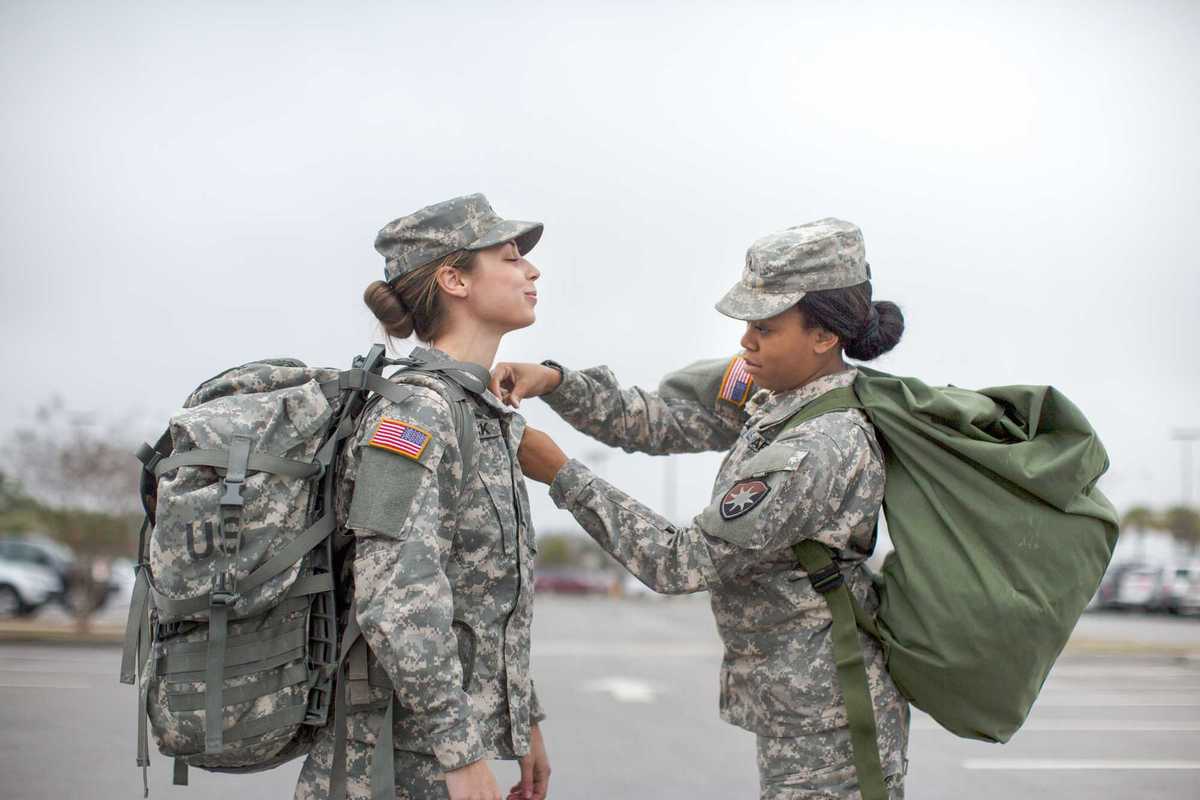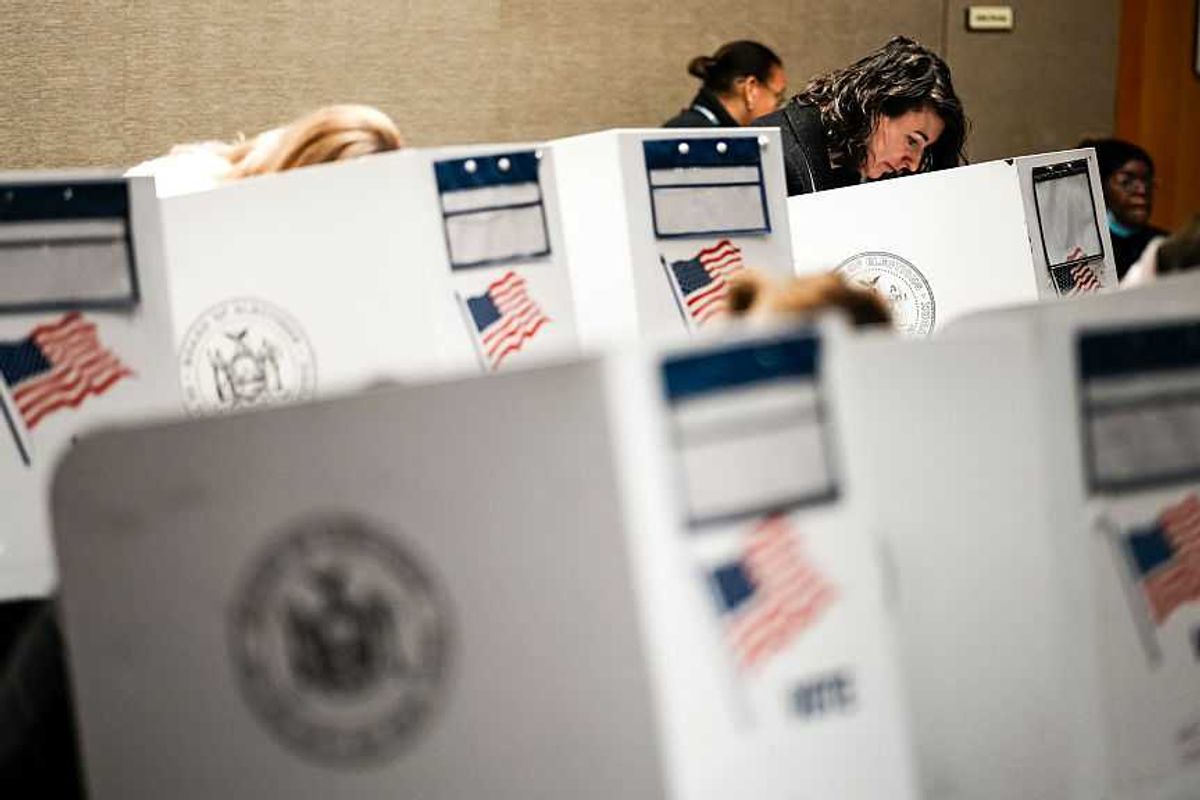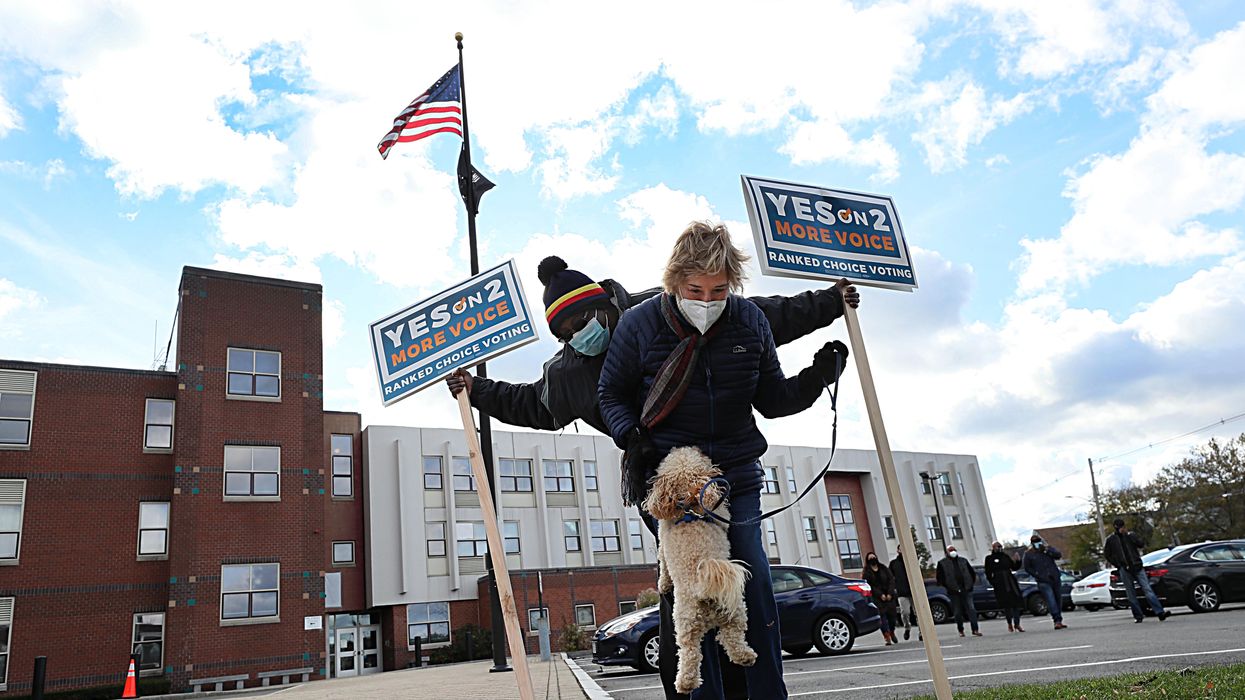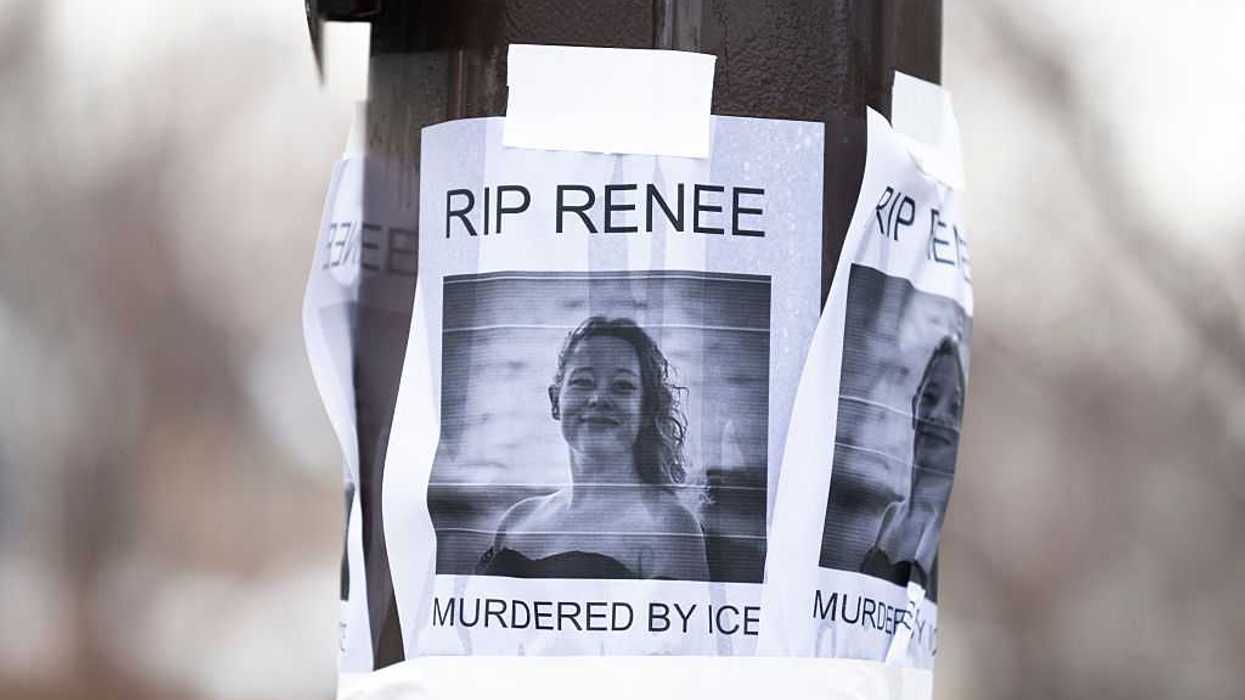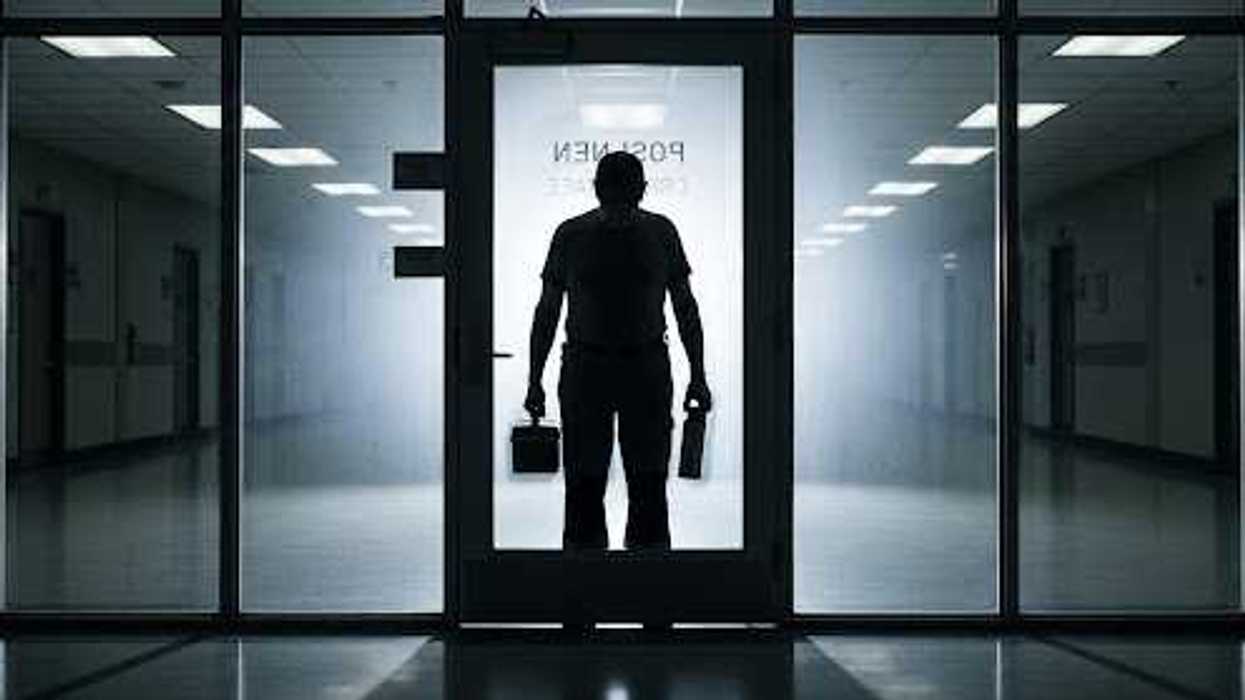More than 60 percent of Americans favor using an alternative method of casting ballots known as ranked-choice voting for federal elections, according to polling data released Wednesday morning.
RCV, also known as an instant runoff election, has already been used statewide in Maine, for municipal elections in New York City and in more than 40 other jurisdictions. Alaska will use ranked-choice voting for the first-time this summer in a special election for a vacant seat in the U.S. House of Representatives.
While there is a partisan divide over RCV, with 73 percent of Democrats and 55 percent of independents in favor of its use, virtually half (49 percent) of Republicans also support ranked elections, according to the poll, which was conducted by the University of Maryland's Program for Public Consultation and Voice of the People.
When conducting the survey, pollsters described ranked-choice voting and then presented arguments for and against. After taking respondents’ temperature on each of the arguments, they asked a final approve/oppose question, and 61 percent said they approve of RCV for federal elections with more than two candidates.
“As people tend to know ranked-choice voting more, they seem to like it more,” said Steven Kull, director of the Program for Public Consultation. “Resistance is rooted in unfamiliarity. This is particularly shown among Republicans.”
The survey presented three arguments in favor of ranked-choice voting and three against. Republican respondents found each of the pro-RCV statements more convincing than the anti-RCV statements, but Democrats responded more positively.
“I think Republicans are more conservative and more wary of new innovations. And Democrats are more inclined to try different things. It’s not that Republicans are opposed,” said Kull. “I don't see any evidence of there being an underlying resistance in principle. More of a wait-and-see stance.”
People who are younger, wealthier or college-educated were more likely to support RCV.
In addition, men (62 percent) and women (60 percent) approve of RCV at similar rates while 55 percent of both Black and Hispanic respondents said they approve along with 62 percent of white people.
In an RCV election, voters may rank multiple candidates. If no one receives a majority of first-choice votes, the person with the fewest is eliminated and their support is redistributed to voters’ second choice. That process continues until someone has a majority of the vote.
Proponents claim a number of advantages can be derived from RCV:
- A candidate opposed by a majority of votes cannot win.
- Voters are free to support the candidate they like best, rather than voting strategically to avoid helping a disliked candidate win. (This is known as the “spoiler effect.”)
- Candidates may run more civil campaigns in an effort to secure high ballot positions from voters who may not be part of their main base of support.
- Women and minorities have often performed better in ranked elections.
Nevertheless, previous studies have found that Americans prefer plurality elections, in which the candidate with the most votes wins, even without a majority of ballots cast.
But Kull believes that education about options is leading to a change in opinion.
“Other polls that have described it very briefly have not found majority support,” Kull said. “As people get to know more, they become more comfortable with it. They hear other people use it, they become more comfortable.”
One of the pro-RCV arguments explained RCV has been used in many cities and states and voters in those places have not made more errors than people using a standard pularility ballot. That proved to be the most persuasive argument, with 73 percent of respondents saying they found it very or somewhat convincing.
An explanation that described how RCV can lead to more diverse results was nearly as powerful.
Less than half of respondents found any of the anti-RCV arguments (the system can be confusing, people who don’t know enough about all the candidates have less of a say, there’s no need to change a successful system) convincing.
“There’s a movement toward acceptance of it,” Kull said.
The survey was conducted July 13-Sept. 15, 2021 of 1,296 registered voters. It has a margin of error of 2.7 percent.
